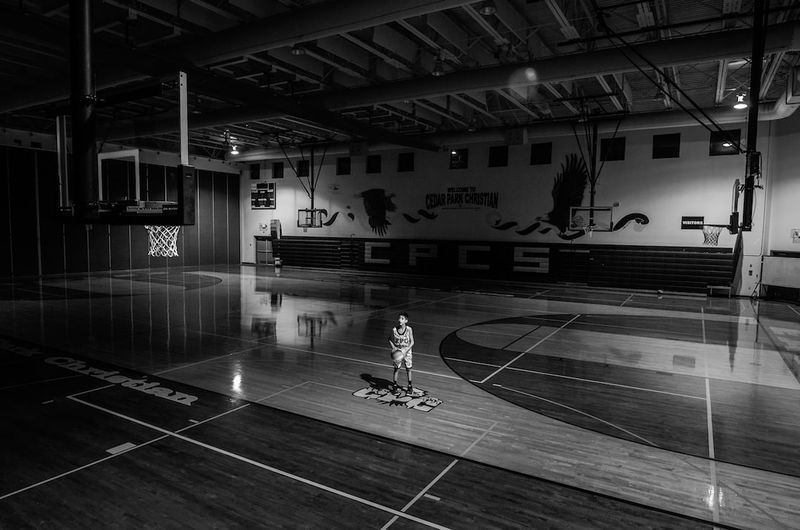The Consequences of College Basketball Recruiting and Decommittments: The Caleb Love Case
The Background Story of Caleb Love’s Decommitment
On April 18th, 2020, Caleb Love, a highly-ranked high school basketball player, committed to play for the University of North Carolina, a renowned college basketball program. The celebration did not last long, as Caleb Love announced his decommitment from UNC on August 5th, 2020. This news caused distress among both the UNC coaching staff and Tar Heel fans.
There were various rumors circulating about what may have prompted Love’s change of mind. However, his decision to decommit once again sheds light on the complexities of the college basketball recruiting process.
The Consequences of Recruiting and Decommittments
At the root of the issue, is the intense recruiting pressure put on high school athletes. College basketball recruiters routinely evaluate and court high school basketball players, with the aim of bringing them onto their teams. This process can put an immense amount of pressure on young athletes, requiring them to make weighty and life-changing decisions. Once a player commits to a university, they can feel a strong obligation to follow through with their decision.
There is often little time for high school athletes to weigh their options and make an informed decision about their college choice. The pressure may also come from external sources, such as family members and coaches who may have their own agenda for the athlete’s career.
The consequences of a college basketball athlete who decides to decommit can be severe. For the university, the recruitment process takes up significant resources, including time and money. Once an athlete commits, the university often directs its resources toward training the player for their team. Therefore, losing a highly-touted recruit like Caleb Love can be detrimental to a team’s performance and morale.
Additionally, decommitments can also negatively affect the athlete’s reputation among other universities. Schools may begin to wonder if the athlete is indecisive or unreliable, which can result in a decrease in opportunities for the athlete.
Advice for High School Athletes and Universities
It is vital for high school athletes and universities to recognize the importance of making informed decisions regarding college basketball recruiting and decommitment. Athletes should take time to reflect on what they want from their college experience and consider how their decision will affect their education and future career.
Universities should also be transparent with athletes during the recruitment process. They should ensure that conditions are clearly outlined and understood, regarding an athlete’s commitment to the school. Additionally, universities should work to create an environment that does not overly pressure high school athletes into making a hasty decision that they may later regret.
In conclusion, the case of Caleb Love highlights the complications of college basketball recruiting and decommitment decisions. While it is understandable that athletes will occasionally change their minds, universities and athletes should work together to ensure that the recruitment process is transparent, ethical, and beneficial for both parties involved.

<< photo by jesse orrico >>
You might want to read !
- What Bronny James’ commitment to USC means for college basketball recruitment.
- Examining the Impact of Bronny James’ Commitment to USC
- The Implications of Caleb Love’s Decision to Stay at North Carolina
- Exploring the Intimate Moments of Tom Sandoval and Raquel Leviss in Vanderpump Rules
- The Importance of Knowing the First Delinquency Date on Your Credit Card Debt
- Fox News Dismisses False Claims of ‘Left Wing Activists’ Regarding Election Coverage




